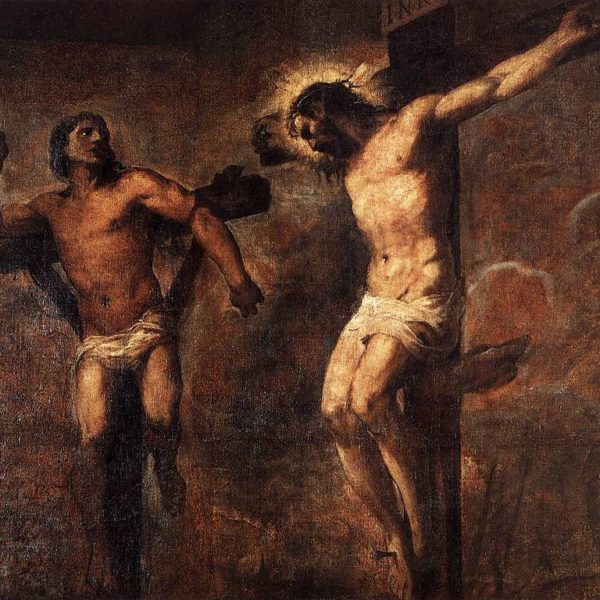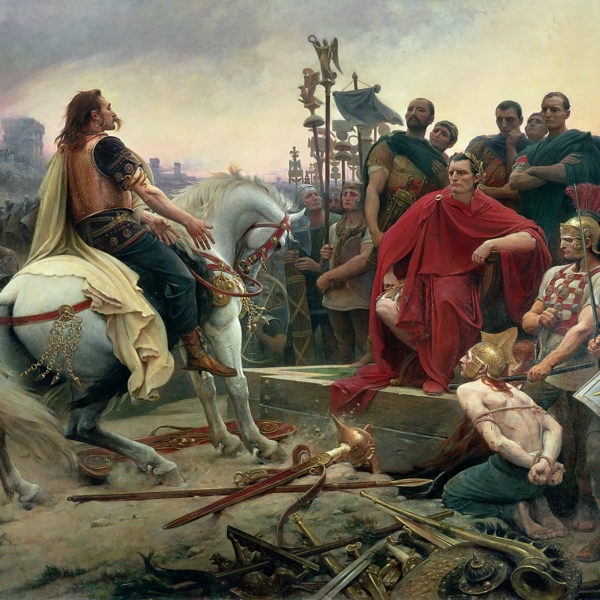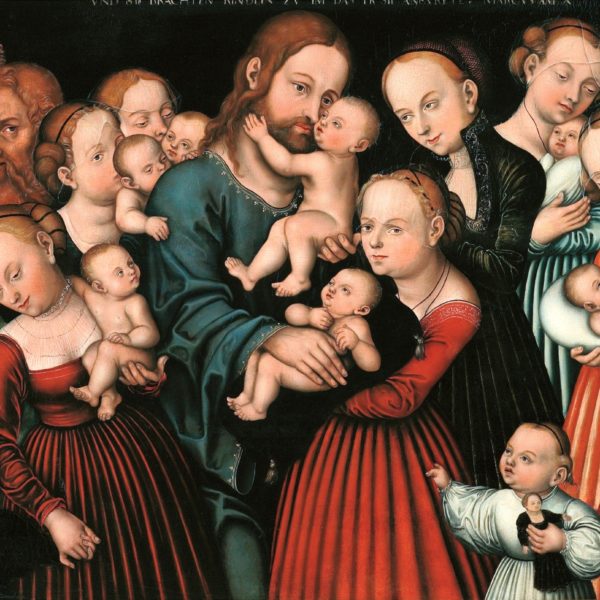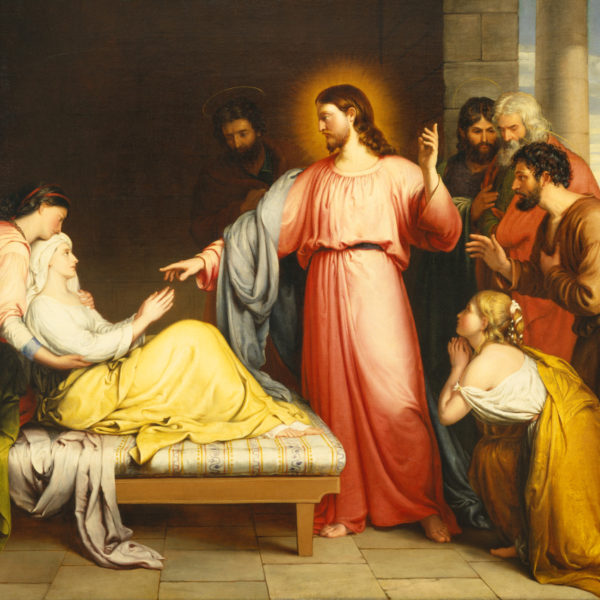
When we read of God enthroned as the great king, perhaps we can imagine a system of governance where our political rivals are not beaten into submission, but are disarmed by love; where those who are different from us are respected, listened to, learned from; where brute force is neutralized by a refusal to retaliate and is resisted through active non-violence. Toward this end, God is indeed the great leader, the one who models “power under” for all of us.

Political Theology Must Follow Agamben’s “Double Paradigm” of Sovereignty. The following is the guest editorial for the current issue of the print journal Political Theology (Volume 19, Issue 1, February 2018).
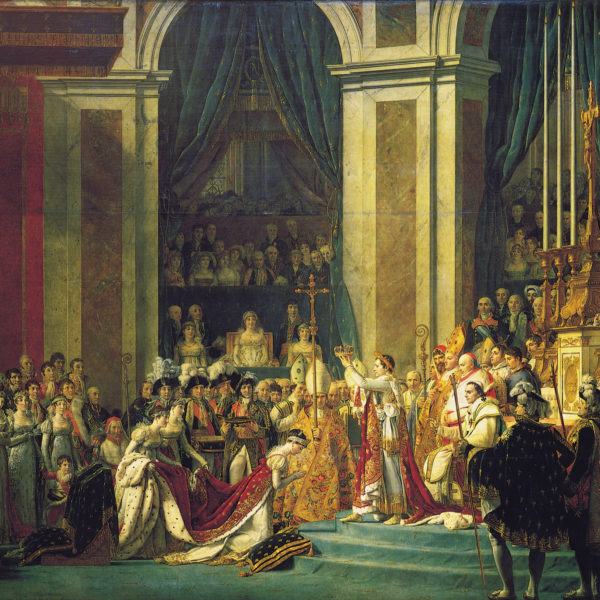
Spectacle has always played an important role in establishing power, authority, and sovereignty. In the unity of the dazzling body of the Transfiguration and the brutalized body of the crucifixion, the integrity of the spectacle and that which lies beneath is made known and our own polities’ lack of such integrity is challenged.

Return now to the martyrs who met for Bible study at Emanuel Church on the evening of June 17th. They teach us very many things, and also many more than I can know. Still, I want to say here that, by their faithful practice, they too illumine the meaning of the Parable of the Sower, and that they do so by indicating what it means to be good and fertile ground.



